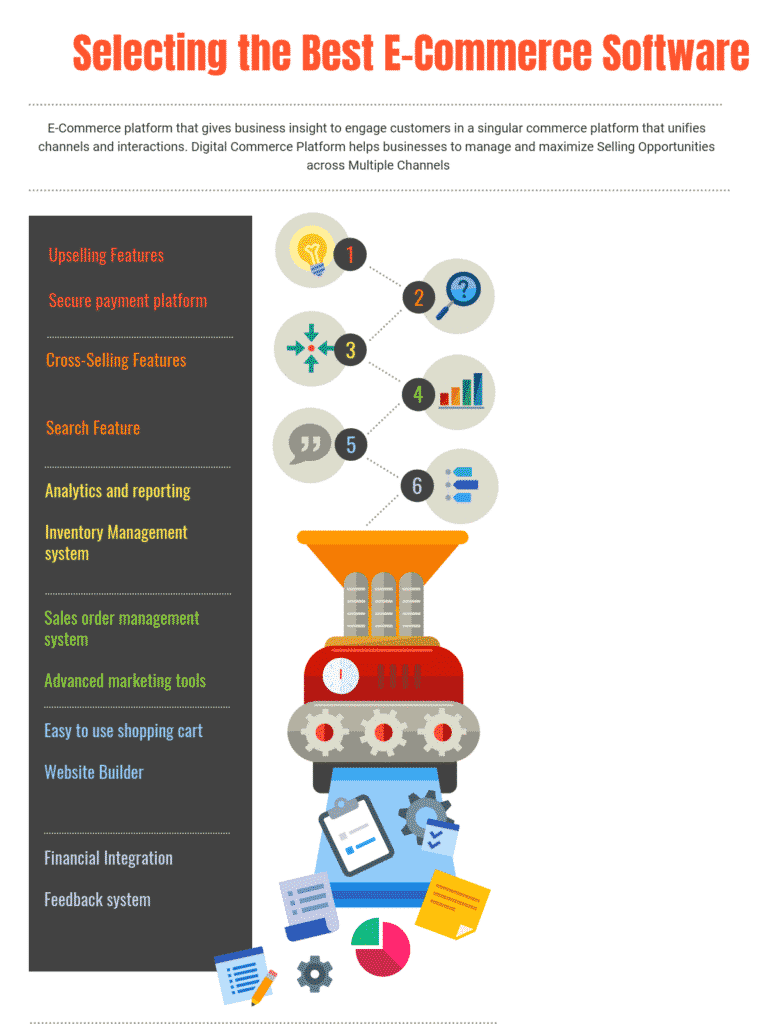
Are you a convenience store owner looking to enter the world of e-commerce? In this video, we will walk you through the process of selecting the perfect e-commerce platform for your convenience store integration. We understand the importance of having an online presence in today’s fast-paced world, and we’re here to help you analyze and evaluate different platforms based on your specific requirements.
From assessing your store’s needs to exploring the available e-commerce platforms, we will provide you with valuable insights and comparisons. We’ll discuss the integration capabilities with popular convenience store systems and evaluate platform-specific features. Additionally, we’ll guide you in understanding the costs and pricing structures associated with each platform. By the end of this video, you’ll have a comprehensive understanding of the factors to consider when choosing an e-commerce platform for your convenience store. So join us in this informative video to make an informed choice and expand your customer reach while streamlining your operations.
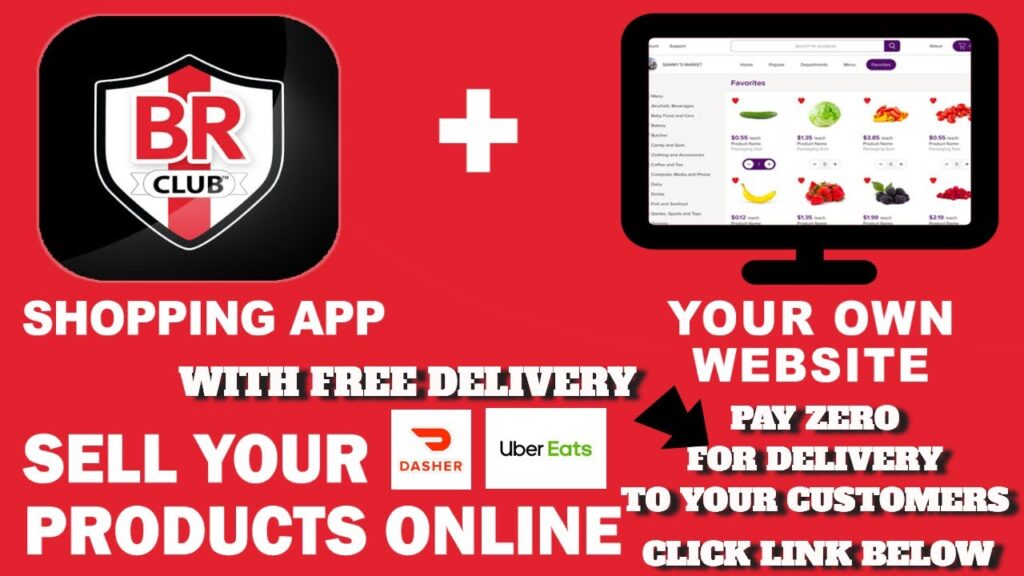
Assessing Your Store’s Requirements
When choosing an e-commerce platform for your convenience store, it is essential to first assess your store’s requirements. This will help you narrow down the options and choose the platform that best meets your needs.
Size of product catalog
Consider the size of your product catalog when evaluating e-commerce platforms. If you have a small number of products, a platform with basic features may be sufficient. However, if you have a large inventory, you may need a platform that offers robust product management capabilities.
Expected volume of sales
Another important factor to consider is the expected volume of sales. If your convenience store experiences high sales volumes, you will need a platform that can handle a large number of transactions without slowing down or crashing. Look for platforms that offer scalable solutions to accommodate your projected growth.
Need for inventory management
Inventory management is crucial for any retail business, including convenience stores. Assess your store’s inventory management needs and determine whether you require a platform that integrates with inventory management systems or offers built-in inventory management features. This will help you keep track of stock levels and prevent stockouts or overstocking.
Integration with existing systems
If your convenience store already uses specific systems for accounting, point of sale (POS), or other functions, consider the compatibility and integration capabilities of the e-commerce platforms you are evaluating. Seamless integration with existing systems can streamline operations and minimize manual work.
Exploring Different E-Commerce Platforms
Once you have assessed your store’s requirements, it’s time to explore different e-commerce platforms. Here are four popular platforms to consider:
Shopify
Shopify is one of the most well-known and widely used e-commerce platforms. It offers a user-friendly interface, a wide range of customizable themes, and extensive app integrations. Shopify provides built-in features for inventory management, order fulfillment, and marketing tools. It also offers various pricing plans to suit different business sizes and needs.
Woocommerce
Woocommerce is a popular e-commerce plugin for the WordPress content management system (CMS). It offers a robust and flexible platform that can handle both small and large online stores. Woocommerce integrates seamlessly with WordPress and provides a wide range of themes and extensions to enhance your store’s functionality.
Magento
Magento is a powerful and feature-rich e-commerce platform suitable for larger convenience stores or businesses with complex requirements. It offers advanced customization options, a vast array of extensions, and strong built-in features for inventory management, customer segmentation, and marketing automation. Magento can handle high-volume sales and provides scalability for future growth.
Bigcommerce
Bigcommerce is a cloud-based e-commerce platform that offers a balance between simplicity and functionality. It provides a user-friendly interface, built-in features for inventory management and marketing, and a range of customizable templates. Bigcommerce also offers robust SEO capabilities and integrates with popular marketplaces like Amazon and eBay.
Pros and Cons of Each Platform
When evaluating e-commerce platforms, it’s important to consider the pros and cons of each option. Here’s a closer look at the advantages and disadvantages of the platforms mentioned earlier:
Shopify
Pros:
- User-friendly interface
- Wide range of customizable themes
- Extensive app integrations
- Built-in features for inventory management and marketing
- Scalable pricing plans
Cons:
- Transaction fees for external payment gateways
- Limited customization options for design and functionality
Woocommerce
Pros:
- Seamless integration with WordPress
- Flexible and customizable platform
- Extensive selection of themes and extensions
- Active community for support and development
- No transaction fees for self-hosted stores
Cons:
- Requires WordPress CMS for full functionality
- Self-hosted setup may require technical expertise
Magento
Pros:
- Powerful and feature-rich platform
- Advanced customization options
- Strong built-in features for inventory management and marketing
- Scalable for high-volume sales and complex requirements
- Active developer community
Cons:
- Steeper learning curve for beginners
- Higher cost of development and maintenance
- Requires dedicated hosting for optimal performance
Bigcommerce
Pros:
- User-friendly interface
- Built-in features for inventory management and marketing
- Seamless integration with popular marketplaces
- Strong SEO capabilities
- Option for PCI compliance
Cons:
- Limited customizability compared to other platforms
- Transaction fees for some pricing plans
- Advanced features require higher-priced plans
Integration Capabilities
Integration with existing convenience store systems is crucial for a smooth operation. Consider the compatibility and integration capabilities of the e-commerce platforms you are assessing. Look for platforms that can seamlessly integrate with popular convenience store systems like POS, accounting software, and inventory management tools.
Compatibility with popular convenience store systems
Check whether the e-commerce platforms you are evaluating have pre-built integrations or plugins for your existing convenience store systems. This will enable data synchronization and streamline the management of various aspects of your business, such as inventory, sales, and customer information.
Key considerations for smooth integration
When integrating your e-commerce platform with existing systems, consider the following:
-
Data synchronization: Ensure that crucial data like products, inventory, and pricing remains consistent across all systems.
-
Real-time updates: Look for platforms that offer real-time synchronization to keep information up to date across different systems.
-
Customization options: Evaluate the flexibility of integration and whether it allows for customization to match your convenience store’s specific needs.
-
Technical support: Check if the e-commerce platform offers reliable technical support during the integration process to address any potential issues.
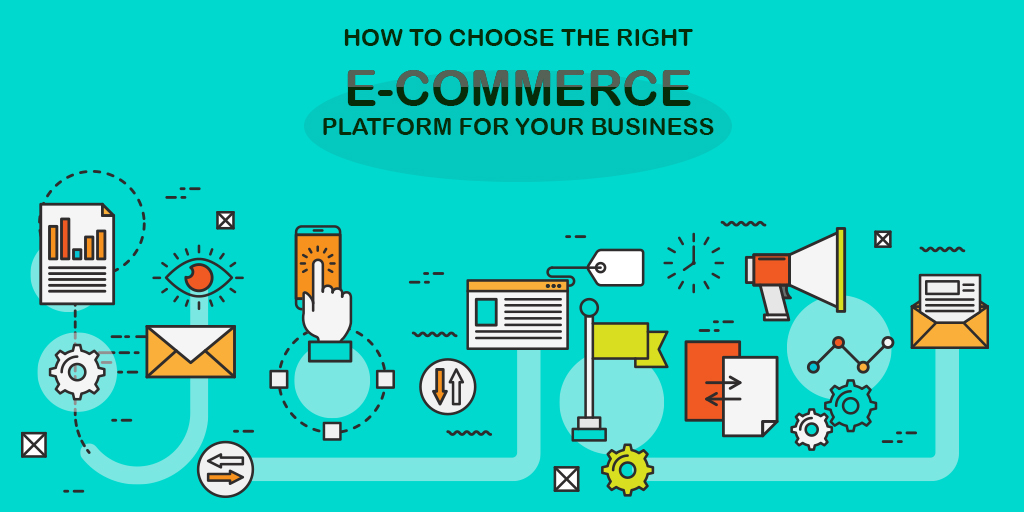
Convenience Store-Specific Features
As a convenience store owner, you may have specific requirements that go beyond generic e-commerce functionality. Consider the following convenience store-specific features when evaluating e-commerce platforms:
Product delivery management
If you offer delivery services, look for a platform that provides built-in features or integrations for managing and tracking deliveries. This may include options to define delivery areas, set delivery fees, assign drivers, and provide customers with real-time order tracking.
Online ordering options
Online ordering is a crucial feature for convenience stores aiming to offer a seamless shopping experience to their customers. Look for platforms that offer customizable online ordering options, such as click and collect, delivery, or in-store pickup. The ability to integrate with your POS system and provide a unified view of inventory is also important.
Loyalty program integration
Many convenience stores offer customer loyalty programs to encourage repeat business. Choose a platform that allows integration with your existing loyalty program or offers built-in loyalty program features. This will enable you to reward customers, track their purchases, and provide personalized offers and discounts.
Marketing tools
Effective marketing is essential to drive traffic to your convenience store’s online presence. Look for platforms that provide built-in marketing tools such as email marketing, social media integrations, and SEO features. These tools will help you attract and retain customers through targeted campaigns, promotions, and search engine optimization strategies.
Analyzing Costs and Pricing Structures
Considering costs and pricing structures is a crucial step in making an informed decision. Here are the key aspects to analyze:
Pricing plans
Evaluate the different pricing plans offered by the e-commerce platforms. Look for a plan that aligns with your budget and meets your store’s current and future requirements. Consider the scalability of the pricing plans, as you may need to upgrade in the future as your convenience store grows.
Transaction fees
Be aware of any transaction fees associated with the e-commerce platforms. Some platforms charge additional fees on top of payment gateway fees for each transaction. Consider the impact of these fees on your profitability and factor them into your cost analysis.
Additional expenses
Consider any additional expenses that may arise from using a particular platform. This may include costs for themes, plugins, custom development, hosting, domain registration, SSL certificates, and ongoing maintenance and support. Be sure to account for these expenses when comparing the total cost of each platform.
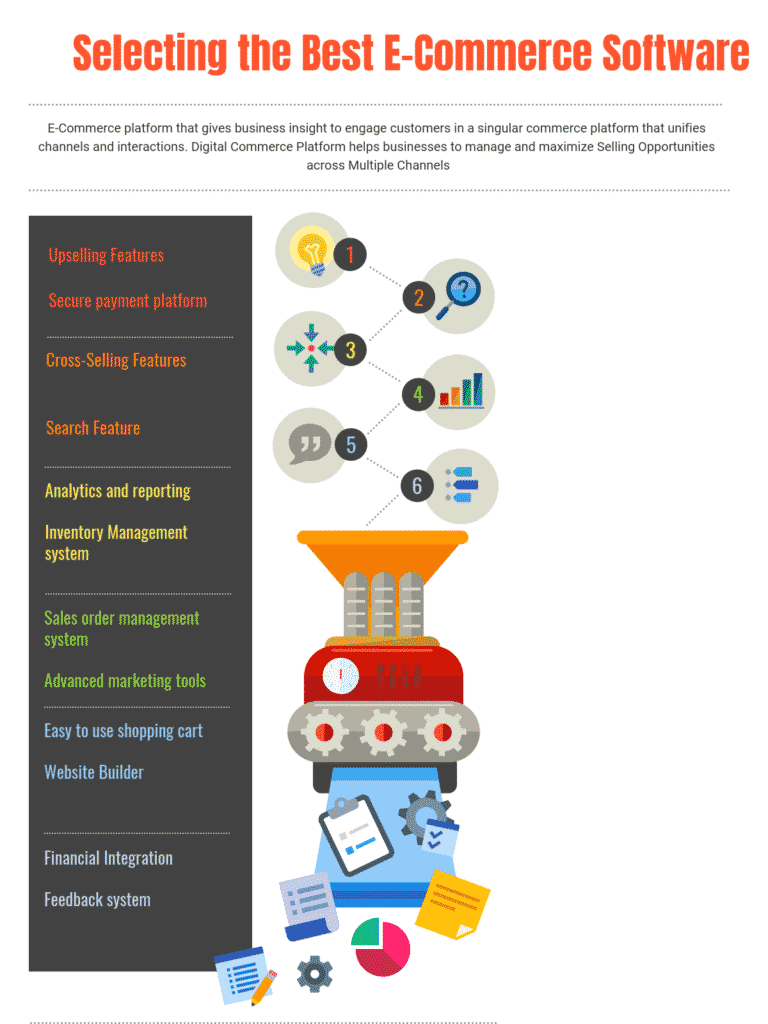
Comparing Pricing Models
Now that you have analyzed the costs and pricing structures, let’s compare the pricing models of the e-commerce platforms mentioned earlier:
Shopify
Shopify offers various pricing plans, including Basic Shopify, Shopify, and Advanced Shopify. The plans range from $29 per month to $299 per month, with additional enterprise options available. Transaction fees apply unless you use Shopify Payments. Additional expenses may include theme purchases, app subscriptions, and customization fees.
Woocommerce
Woocommerce itself is free, but you will need a WordPress website and hosting. Costs may include domain registration, hosting fees, premium themes, and plugin fees for specific functionalities. Transaction fees depend on the payment gateway you choose. Woocommerce provides a flexible pricing model based on your specific needs.
Magento
Magento offers different editions, including Open Source (free), Commerce Basic, and Commerce Pro. Costs increase as you move to the Commerce editions, which offer additional features and support. Magento also requires dedicated hosting, which can incur additional expenses. Transaction fees depend on the payment gateway used.
Bigcommerce
Bigcommerce offers pricing plans ranging from Standard to Pro and Enterprise. The plans start at $29.95 per month and go up to custom pricing for enterprise-level needs. Transaction fees may apply depending on the chosen payment gateway. Additional expenses may include theme purchases, app subscriptions, and customization fees.
Making the Final Decision
After assessing your store’s requirements, exploring different e-commerce platforms, understanding integration capabilities, evaluating convenience store-specific features, and analyzing costs and pricing structures, you are ready to make the final decision.
Summary of key points
Summarize the key points of each platform, including their strengths and weaknesses, compatibility with your existing systems, and convenience store-specific features they offer. Consider how each platform aligns with your store’s requirements and goals.
Evaluation of options
Based on the analysis, rank the platforms according to their suitability for your convenience store. Consider factors such as ease of use, customization options, scalability, pricing, integration capabilities, and convenience store-specific features. Discuss the advantages and disadvantages of each platform in relation to your store’s needs.
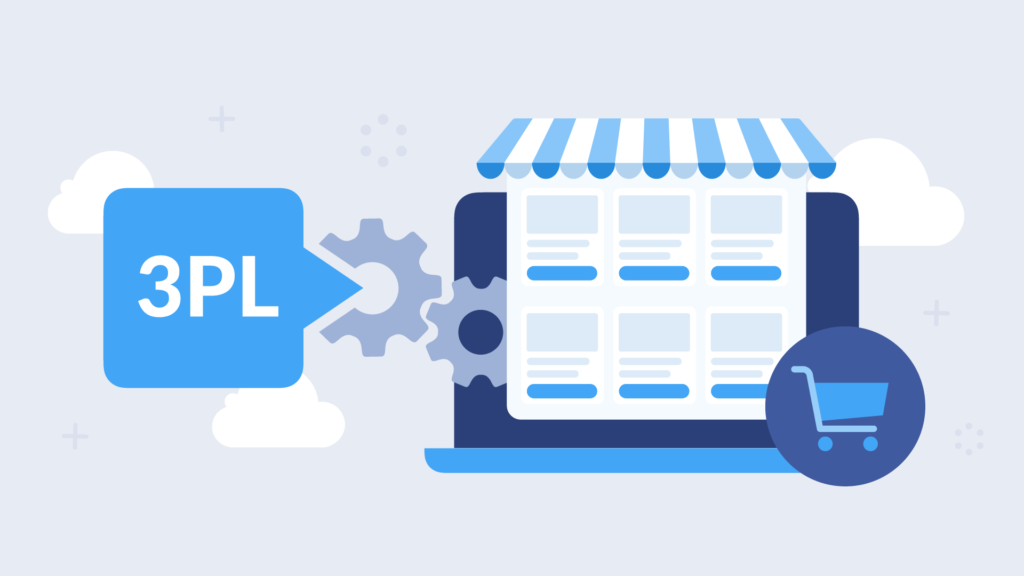
Conclusion
Choosing the right e-commerce platform for your convenience store is a significant decision that can impact your store’s success. Assess your store’s requirements, explore different platforms, consider integration capabilities, evaluate convenience store-specific features, analyze costs and pricing structures, and make an informed decision based on your assessment and evaluation. By choosing the right platform, you can enhance the convenience store experience for your customers and optimize your operations for growth and profitability.
- Analyzing your store’s needs
- Exploring different e-commerce platforms
- Integration capabilities with popular convenience store systems
- Convenience store-specific features offered by platforms
- Understanding costs and pricing structures
- Making an informed choice for your convenience store integration


